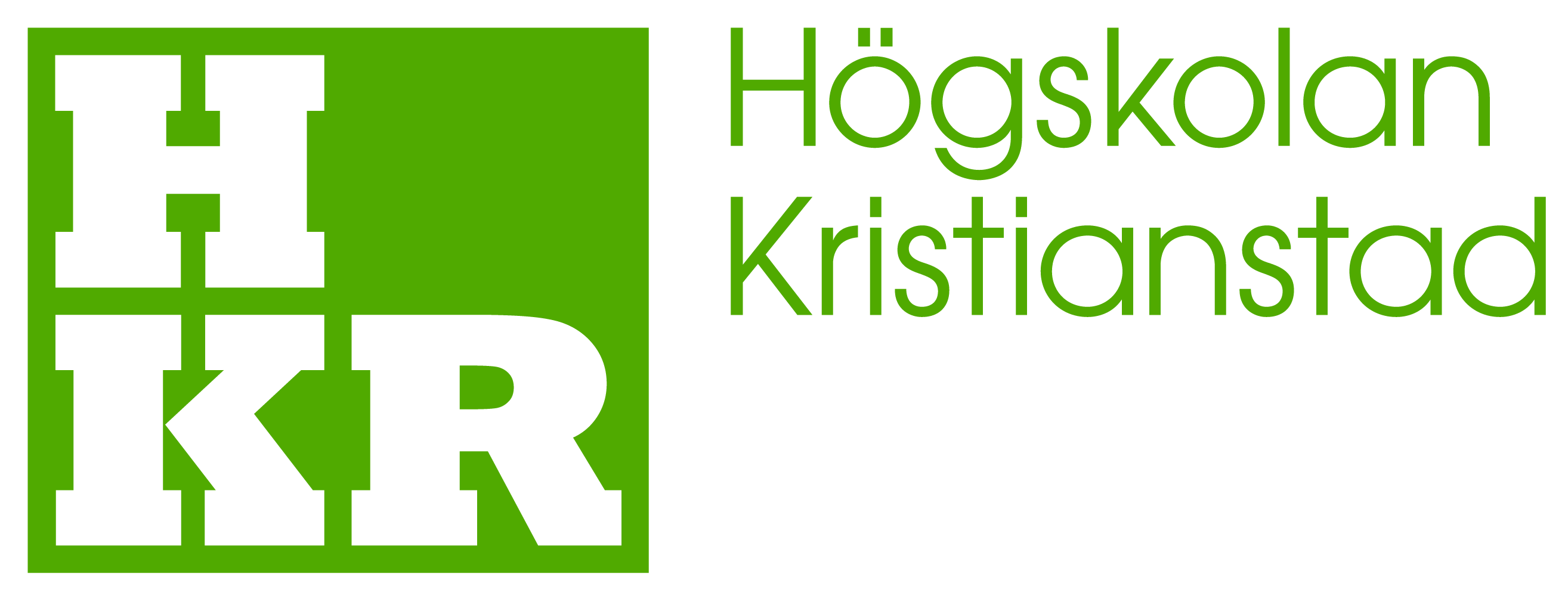The reflective practitioner : how professionals think in action / Donald A. Schön.
Språk: Engelska Utgivningsuppgift: New York : Basic Books, cop. 1983Beskrivning: x, 374 s. 22 cmISBN:- 046506874X
- 0465068766
- 0465068782
- 9780465068784
- 153.42 22
- Doe
- Dokb
| Exemplartyp | Aktuellt bibliotek | Placering | Hyllsignatur | Status | Streckkod | |
|---|---|---|---|---|---|---|
| Dagslån | Biblioteket HKR | Biblioteket | 153.4 Schön | Tillgänglig | 11156000063036 | |
| Kurslitteratur | Biblioteket HKR | Biblioteket | 153.4 Schön | Tillgänglig | 11156000169755 | |
| Kurslitteratur | Biblioteket HKR | Biblioteket | 153.4 Schön | Tillgänglig | 11156000127819 |
Antal reservationer: 0
Förbättrade beskrivningar från Syndetics:
A leading M.I.T. social scientist and consultant examines five professions--engineering, architecture, management, psychotherapy, and town planning--to show how professionals really go about solving problems.The best professionals, Donald Schön maintains, know more than they can put into words. To meet the challenges of their work, they rely less on formulas learned in graduate school than on the kind of improvisation learned in practice. This unarticulated, largely unexamined process is the subject of Schön's provocatively original book, an effort to show precisely how "reflection-in-action" works and how this vital creativity might be fostered in future professionals.
Innehållsförteckning levererad av Syndetics
- Professional Knowledge and Reflection-in-Action: The crisis of confidence in professional knowledge
- From technical rationality to reflection-in-action
- Professional Contexts for Reflection-in-Action: Design as a reflective conversation with the situation
- Psychotherapy: The patient as a universe of one
- The structure of reflection-in-action
- Reflective practice in the science-based professions
- Town planning: Limits to reflection-in-action
- The art of managing: Reflection-in-action within an organizational learning system
- Patterns and limits of reflection-in-action across the professions
- Conclusion: Implications for the professions and their place in society
